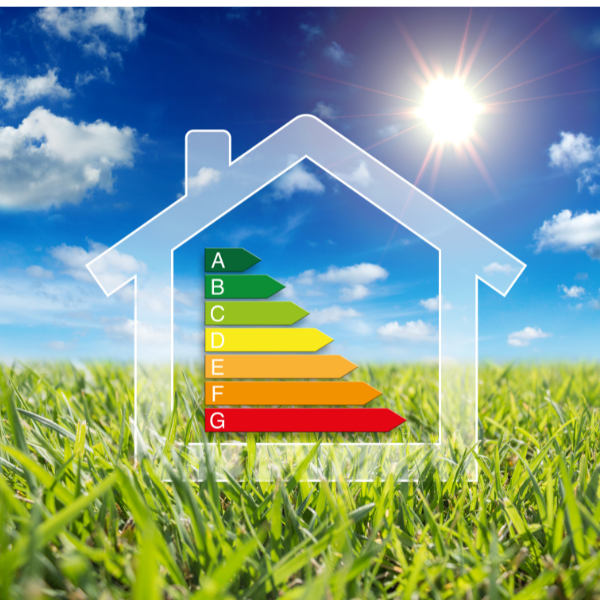
Many first time home buyers assume that the monthly mortgage will be their only significant ongoing cost, but experienced homeowners know that is not the case. Energy costs can be a real budget buster, and if buyers are not prepared, they could end up in a very bad, and very cold, situation when winter comes around.
If you are in the market for a new home, it’s important to take energy efficiency very seriously. You may need to be stealthy, or even a little sneaky, to get the information you need, but in the end, the lower energy bills will more than compensate you for your time and effort.
Talk to Your Realtor About Energy-Efficient Construction Projects
Few people have access to more information on housing stocks and home construction than a good real estate agent. Realtors are plugged into the housing market in a way that almost no one else is, and you can use their expertise to find the most energy-efficient home.
Ask for a Year’s Worth of Energy Bills
You do not have to be blindsided by high energy bills, so be sure to ask the current owner for a year’s worth of home heating and cooling bills. Comparing the bills over time will give you a good idea about not only energy efficiency but possible deficiencies as well.
If your analysis shows high heating costs in the winter but regular cooling costs in the summer, you could be looking at a failing furnace. These clues can help you make a wise decision, and they could even help you craft a better offer.
Feel for Cold Spots During the Open House or Showing
Having a year’s worth of heating and cooling bills will give you insights into the energy efficiency of the home, but those slips of paper may not tell the whole story. If you want to assess the energy efficiency of a home you are touring, break off from the group and feel around for cold spots.
Feeling for cold spots around windows, under doors, and in the basement can tell you a lot about the energy efficiency of the home. If you decide to move forward with a potential offer, you can delve deeper by asking the home inspector to include an energy-efficiency rating on the report.
Conduct an HVAC-Specific Audit
When you buy the home, you also are purchasing its major appliances, and their energy efficiency (or lack thereof) will soon be your problem. As you tour the home or attend the open house, take a minute to look closely at the refrigerator, washing machine, oven, and other major appliances.
Do those appliances all sport the Energy Star logo? Do they appear new enough to have been built with energy efficiency in mind? Replacing older appliances with newer and more energy-efficient ones can be costly, and that is something you will want to consider as you work on your initial offer. You can also request the energy-efficiency ratings for HVAC appliances (AFUE for furnaces, SEER for heat pumps and ACs). Go online to determine what minimum ratings you should expect.
Buying a home is a huge investment, but the price of the property is only the beginning. It takes money to run a household, and the cost of heating and cooling all that space can be significant, to put it mildly. If you want to avoid an unpleasant, and expensive, surprise, it is important to factor energy efficiency into your home-buying equation.

